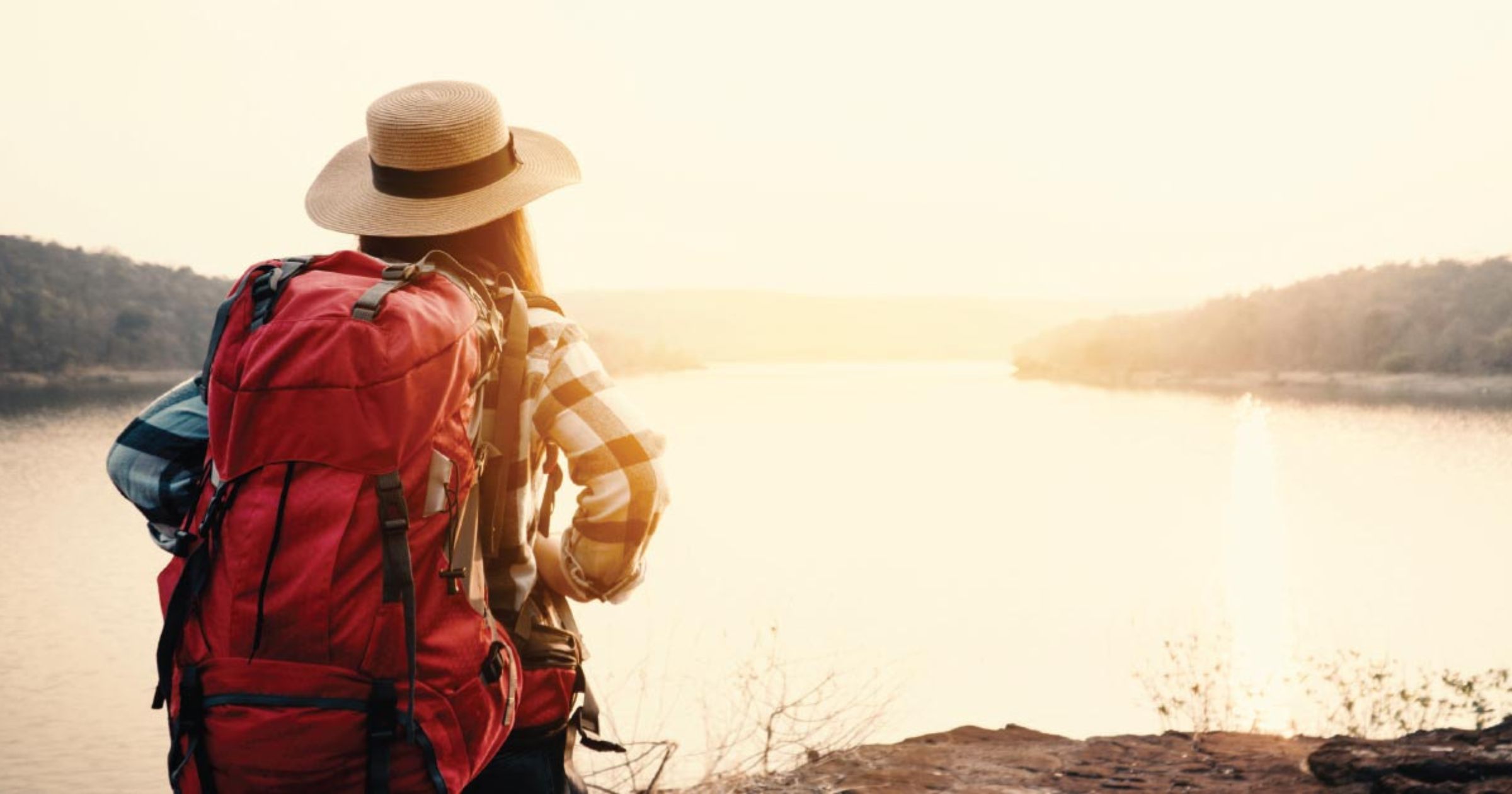Medical Emergencies: Preparing for the Worst
A certain level of preparedness and planning can come in handy when traveling—and could even save a life. Possible “medical emergencies” are seemingly endless and even the smallest occurrence could affect travel plans, turning a dream trip into a nightmare. So, how can group travel leaders prepare?
“Statistically, there’s a measure of risk when you travel,” explained Mike Bowers, senior director of health and safety, People to People Ambassador Programs. “We know how many occurrences are likely to happen based on the number of students and leaders who go on our trips”—numbers used to prepare for emergencies. Bowers stresses the importance of plans that define the response to different emergency occurrences, and of participants being forthcoming with information to help emergency preparation.
A nurse for the Central Valley School District in Spokane, volunteer ski patroller for Mt. Spokane Ski Patrol, and instructor/trainer for the Pacific Northwest Division of National Ski Patrol, Deborah Cochran, RN, understands the importance of pre-hospital care and emergency preparedness. She believes anyone leading a group should have CPR/AED, first aid, and blood pathogens training, and be able to administer doses from inhalers and epinephrine autoinjectors. Awareness of chronic or pre-existing medical conditions in a group could mean the difference between life and death.
Know the location and level of care for medical facilities at your destination. If traveling abroad, identify possible language barriers and understand differences in medical systems. The bottom line: It all starts with a good plan and appropriate training. Read entire article here.
Original article written by: Mark Yontz
Photo: stock.xchng



